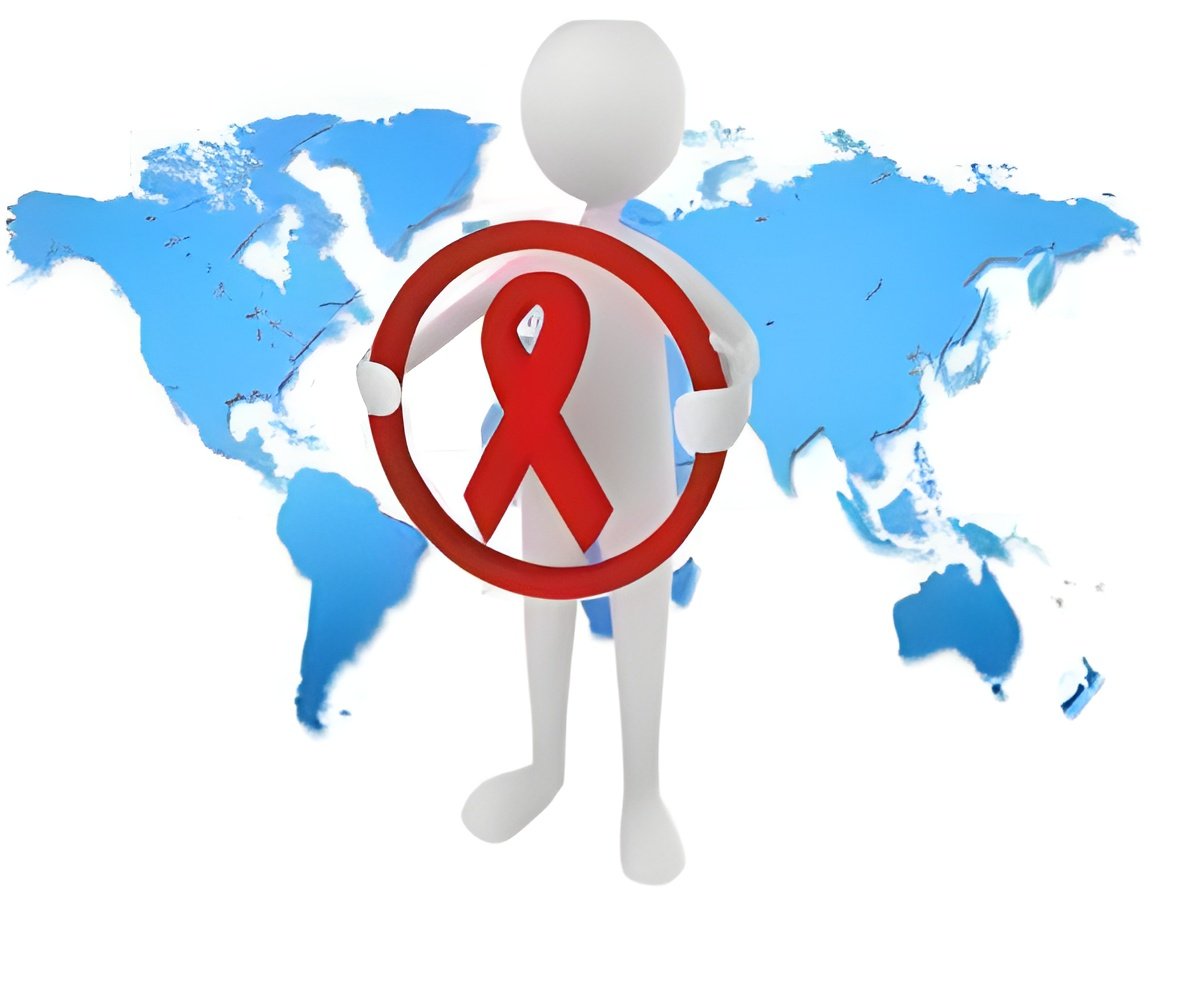According to a recent study though the battle against HIV/AIDS attracts more donor funding globally than all other diseases combined, it has not diverted attention from fighting unrelated afflictions.

"We found that when health clinics in Rwanda expanded AIDS services, these efforts had no adverse effects on other types of health care," said Donald S. Shepard, PhD, a professor at Brandeis' Schneider Institute for Health Policy and the study's lead author. "There is even evidence that clinics that have received funding for HIV/AIDS services provide better care for all patients, including superior prevention services, than do clinics without AIDS programs."
Shepard and his colleagues note that their study differs from past efforts to analyze the issue because their investigation focused on the actual performance of health centers rather than on "inputs" such as overall spending on facilities or staff. For example, for the Rwanda study, the researchers collected data on the number of vaccines administered, visits for child growth monitoring, and non-HIV/AIDS hospitalizations.
They concluded that "for most indicators examined, there were neither prominent diversions nor enhancement effects" after AIDS services were inaugurated in the health centers. However, there was evidence that the health centers that offered AIDS services provided better preventive care than those that did not, including superior delivery of childhood vaccinations.
For several years advocates for childhood immunization, tuberculosis control and those seeking a general improvement in health services in poor countries have expressed concern that HIV/AIDS prevention and care activities are crowding out other deserving public health programs. Meanwhile, on the opposite side are advocates who argue that the sharp increase in HIV/AIDS funding is a rising tide that lifts all boats, bringing improvements in such areas as laboratories, disease surveillance, human resources, and information systems that generate broad benefits across the health care system.
The authors noted that this study was designed to answer concerns, such as in the Bulletin of the World Health Organization in 2006 about HIV funding "crowding out resources," for the many other health issues in the world's poorest people. The debate has become more heated since 2008 when the economic crisis squeezed public spending in industrialized countries, thus intensifying competition for international aid among a number of worthy causes.
Advertisement
Advertisement
"Rwanda's progress against HIV/AIDS has not come at the expense of addressing other health needs," Shepard added. "While the differences between the health centers was not large, we did find indications that the AIDS funding may be having spill-over effect in terms of improving overall quality of care," Shepard said. For example, Shepard and his colleagues speculate that by simultaneously providing AIDS services along with a variety of other family health care interventions, the clinics that offer AIDS treatment may have more encounters with children who would otherwise miss their vaccinations.
The researchers were not able to measure other ways in which the AIDS funding could have benefited health services overall by, for example, streamlining drug procurement or improving information systems. They also acknowledge that the central finding—that the AIDS funding did not have a negative effect on non-AIDS health services—could be attributed to the fact that Rwanda has done an exceptional job of integrating AIDS services into the national health system.
However, they note that the experience in Rwanda adds to a growing body of evidence from several countries that AIDS-related funding is not adversely affecting non-AIDS services. For example, a study from Ethiopia found that while the increase in AIDS funding might have encouraged health professionals from the public sector to take positions with non-governmental organizations, mortality rates nationwide nonetheless dropped, immunization rates increased, and pre-natal care improved.
"What is at the heart of this research is that the science community is unified by its commitment to improved health for all," said James W. Kazura, MD, President of the American Society of Tropical Medicine and Hygiene, which publishes the journal, and Director of the Center for Global Health and Diseases at Case Western Reserve University. "To reach that goal, evaluating the effectiveness of all our disease control efforts will help policymakers to make appropriate, evidence-based decisions."
Source-Eurekalert











